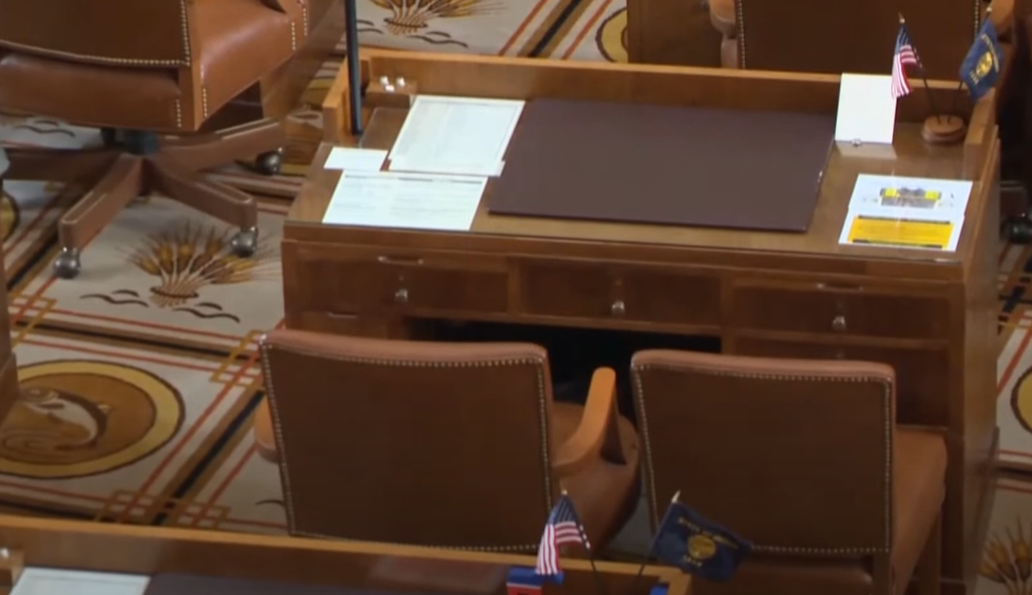Republican state senators who are boycotting the legislature filed a complaint, sparking a contentious legal battle on Thursday in an Oregon Supreme Court session.
The senators, including Senate Minority Leader Tim Knopp, sought to contest a voter-approved constitutional amendment aimed at curbing walkouts and limiting their re-election prospects.
The crux of the lawsuit revolves around the interpretation of Measure 113, a constitutional amendment passed in 2022, which prohibits lawmakers with 10 or more unexcused absences from seeking re-election.
During the historic six-week boycott in 2023, each of the five state senators who filed the suit accrued more than the specified absences, effectively halting legislative proceedings and garnering nationwide attention.
The interpretation of the amendment’s wording, specifically the clause stating that a legislator cannot run for office again after their current term has ended, is at the center of the disagreement.
Oregon’s Political Landscape’s Precedent Setting

The senators argue that since elections precede the end of a senator’s term, they should be eligible for re-election as the penalty, in their view, applies only after serving another term.
During the court proceedings, justices delved into the nuances of the amendment’s wording, dissecting disparities between the language on the ballot and in the voters’ pamphlet.
The absence of the word election on the ballot, unlike in the pamphlet, led to a substantial point of contention. The discrepancy between the two sources was pivotal as the text from the pamphlet was eventually enshrined in the state constitution.
Dustin Buehler, representing Oregon’s justice department, emphasized that voters intended to disqualify legislators with excessive absences from seeking re-election after their current term concludes when supporting Measure 113.
The outcome of this legal tussle will have far-reaching implications, not just for the senators involved but also for the interpretation of voter-approved constitutional amendments in Oregon’s legislative processes.
As the court weighs grammatical intricacies, the decision will set a precedent in defining the scope and application of such amendments in the state’s political landscape.


Comments are closed.